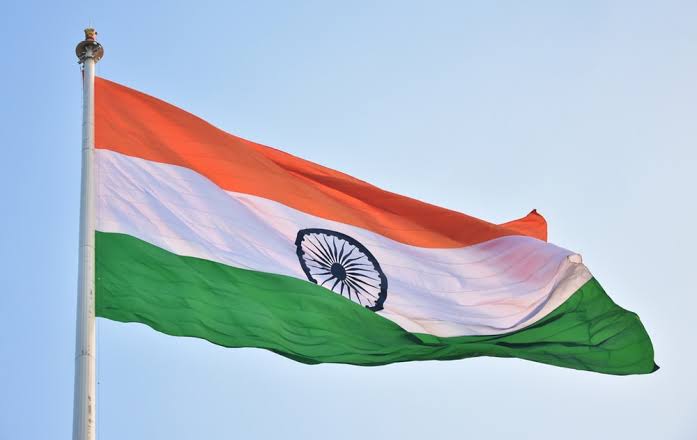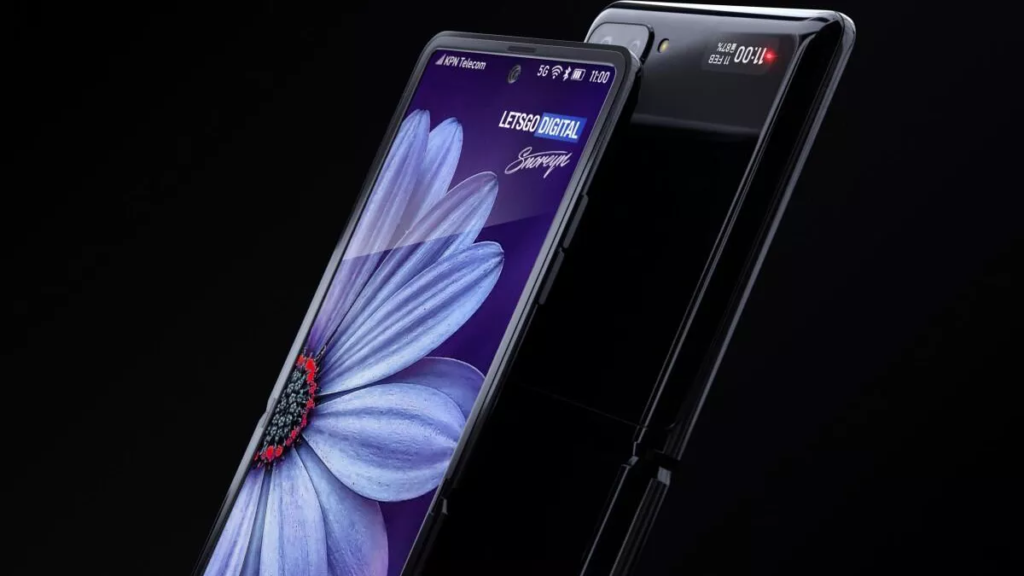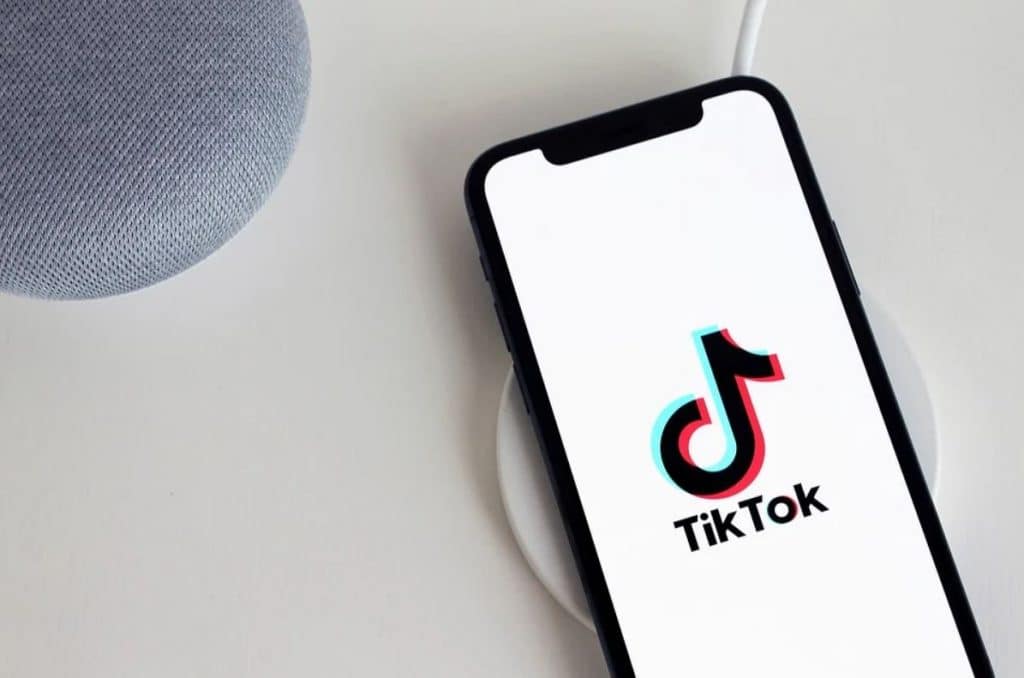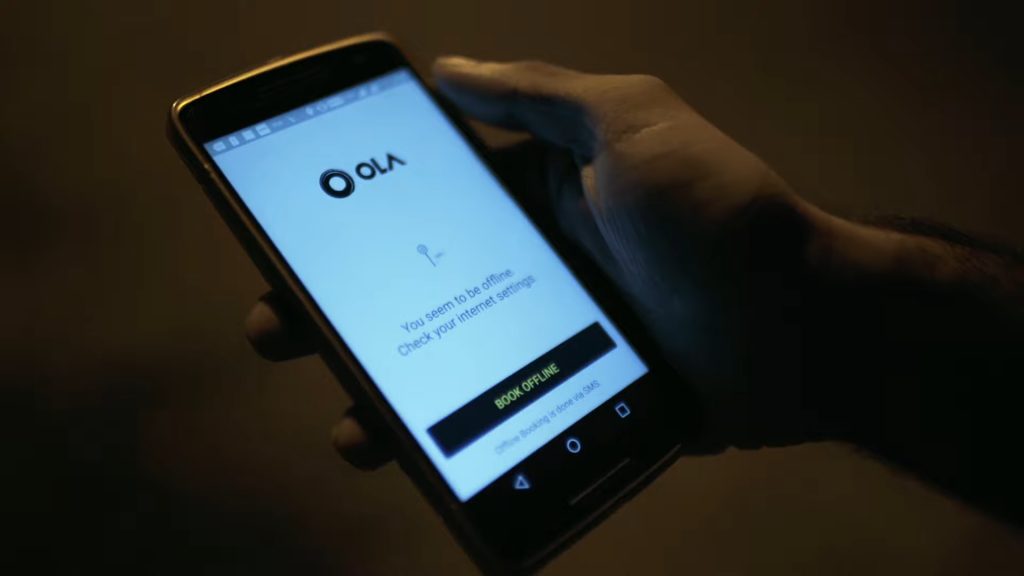 TheTechMedia.com/wp-content/uploads/2020/01/india-flag-300×189.jpeg 300w” sizes=”(max-width: 697px) 100vw, 697px”>
TheTechMedia.com/wp-content/uploads/2020/01/india-flag-300×189.jpeg 300w” sizes=”(max-width: 697px) 100vw, 697px”>Accepting a long pending demand from the country’s legal fraternity, India’s Supreme Court has passed an order that would allow the use of messaging services like WhatsApp and Telegram, along with Email, to serve notices and issue summons to courts.
Up until now, summons and notices from these branches of judiciary were sent by posts, which decelerated the speed of court proceedings. As if the procedure wasn’t already outdated, COVID-19 exacerbated the flaws in the system, making door to door delivery of notices to everyone, and on time, virtually impossible.
Platforms like WhatsApp were already being used for official purposes, albeit informally, and thus, will be able to support the new changes instantly.
However, attorney general K K Venugopal and solicitor general Tushar Mehta presented a suggestion, which ideated that instead of messaging services, delivery of summons and notices through emails be considered valid as platforms like WhatsApp, which claim to be encrypted, are not trustworthy.
Even though the end to end encryption would ensure that the highly sensitive court orders reach their destination without being tampered with, Venugopal noted a flaw brought by this feature. He said, “Since the messenger service claims that it is end-to-end encrypted, it would be difficult to prove legitimate service of summons/notices sent through WhatsApp,” ET notes.
To this, the Chief Justice of India S A Bobde noted that a delivery can be considered valid if the two blue ticks show up, which is a feature of WhatsApp that lets users know if someone has read a message.
However, as we all know, these settings can be manipulated so that the two grey ticks never turn blue, even if the user has read the messaged. Mehta reminded this to the court, saying, “It is easy to tweak WhatsApp settings, as I have done, to not show the sender the blue ticks. This will give an erroneous impression that the person has not received the summons despite him receiving and going through it.”
Thus, the court passed the law, announcing that while WhatsApp and Telegram may be considered valid carriers of legal tender, the message has to be sent through Email as well on the same day, to ensure delivery.








